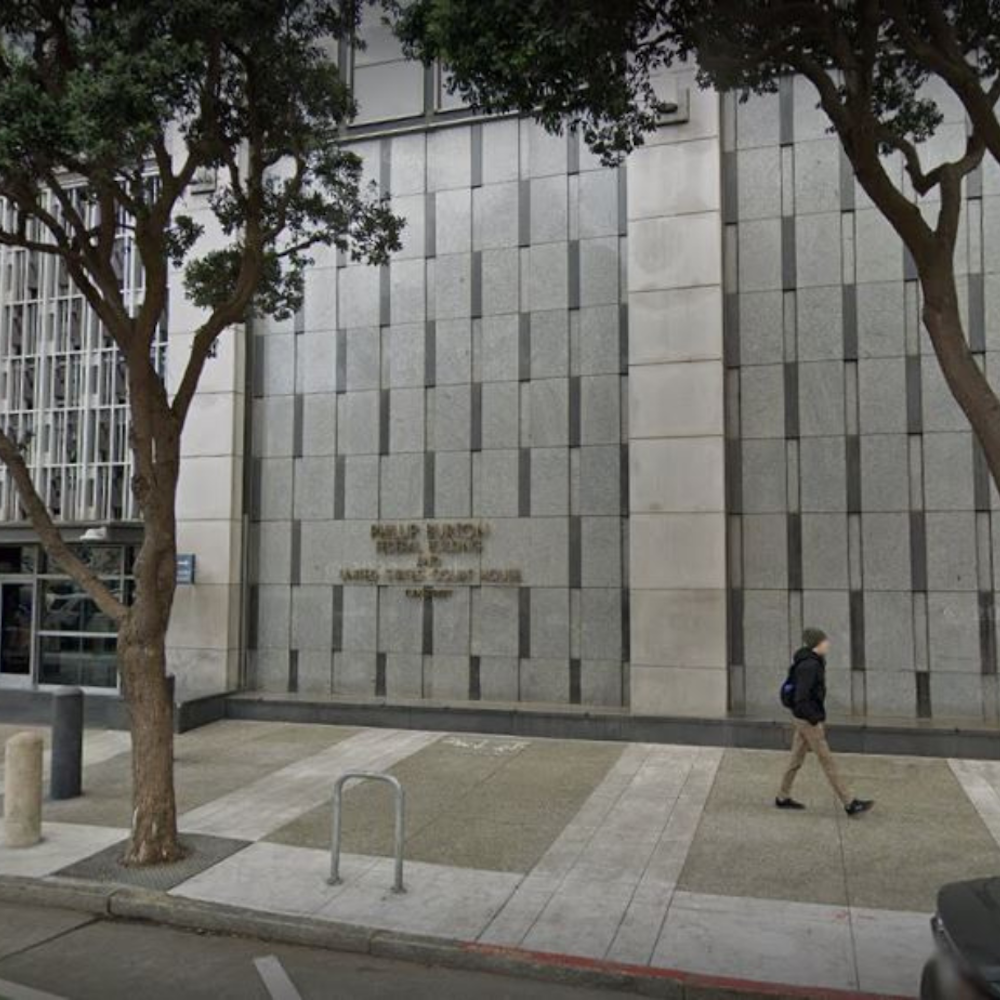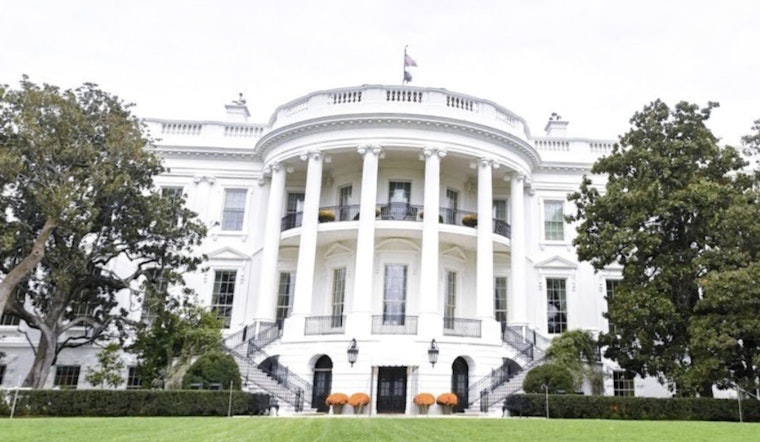
Top brass from the White House, Dr. Liz Sherwood-Randall and Amos Hochstein, huddled with Mexican leaders over the weekend in an effort to bolster the United States' relationship with its southern neighbor on economy and security fronts. Sherwood-Randall, the assistant to the President for Homeland Security, and Hochstein, the Deputy Assistant the President and Senior Advisor for Energy and Investment, touched down in Mexico City on April 16 to engage in high-level discussions with Mexico's President Andrés Manuel López Obrador and Foreign Secretary Alicia Bárcena.
According to a White House statement, the meetings aimed at deepening the extensive economic and security cooperation between the United States and Mexico, highlighting the significance of a strong bilateral relationship amidst regional challenges, the talks underscored a shared understanding of critical issues like trade, immigration, and energy policy, the dialogue likely covered a broad agenda and it's expected to have set the stage for future cooperation.
Yet, while the White House has framed the trip as another stride toward a fortified partnership, specifics on agreements or action points resulting from these discussions remain under wraps. Insight into the impact of these talks on ongoing issues, particularly concerning immigration policies and energy investment, will be closely monitored in the coming days as stakeholders on both sides of the border seek tangible outcomes.
Dr. Sherwood-Randall and Mr. Hochstein, no strangers to international diplomacy, carry the weight of recent policy shifts and heightened focus on U.S.-Mexico relations, their presence in Mexico City signifies a proactive step by the administration to address multifaceted issues that have long-term implications for trade, security, and regional stability, the depth of the delegations' discourse will be a determining factor in shaping the future contours of U.S.-Mexico ties.


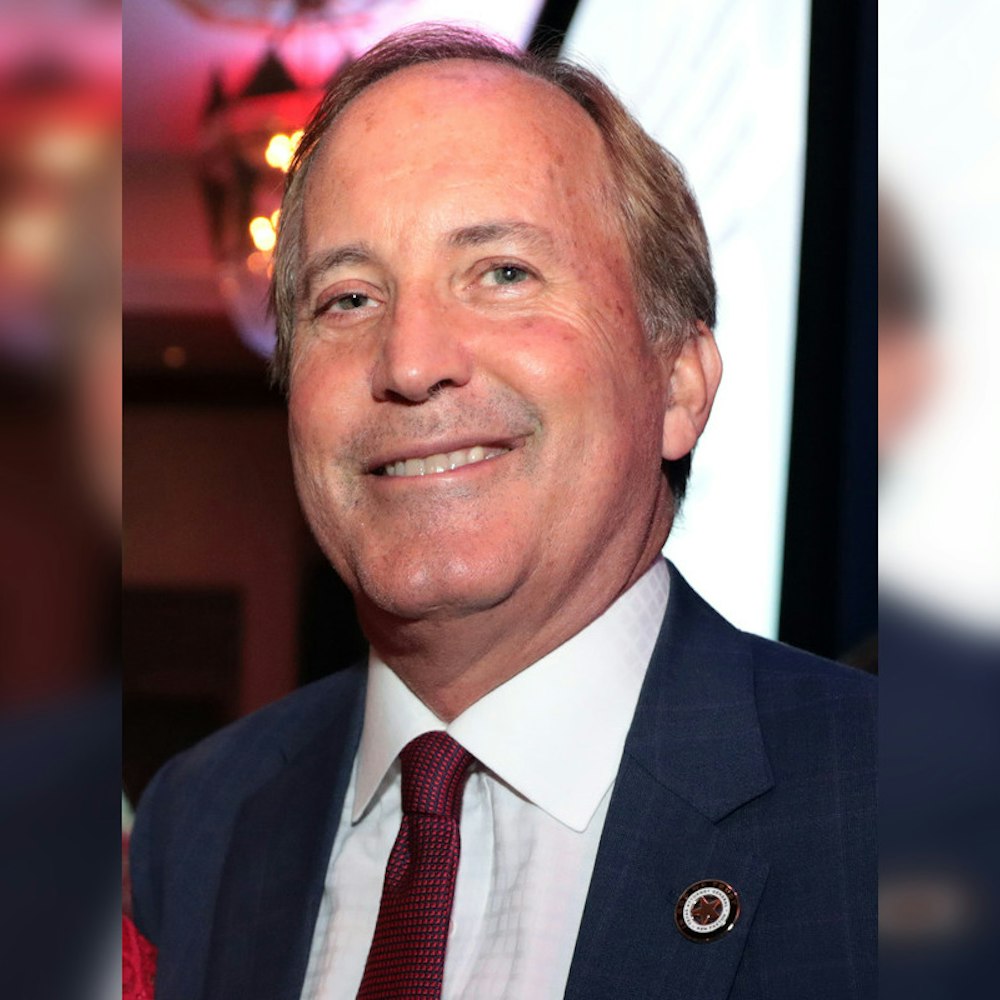
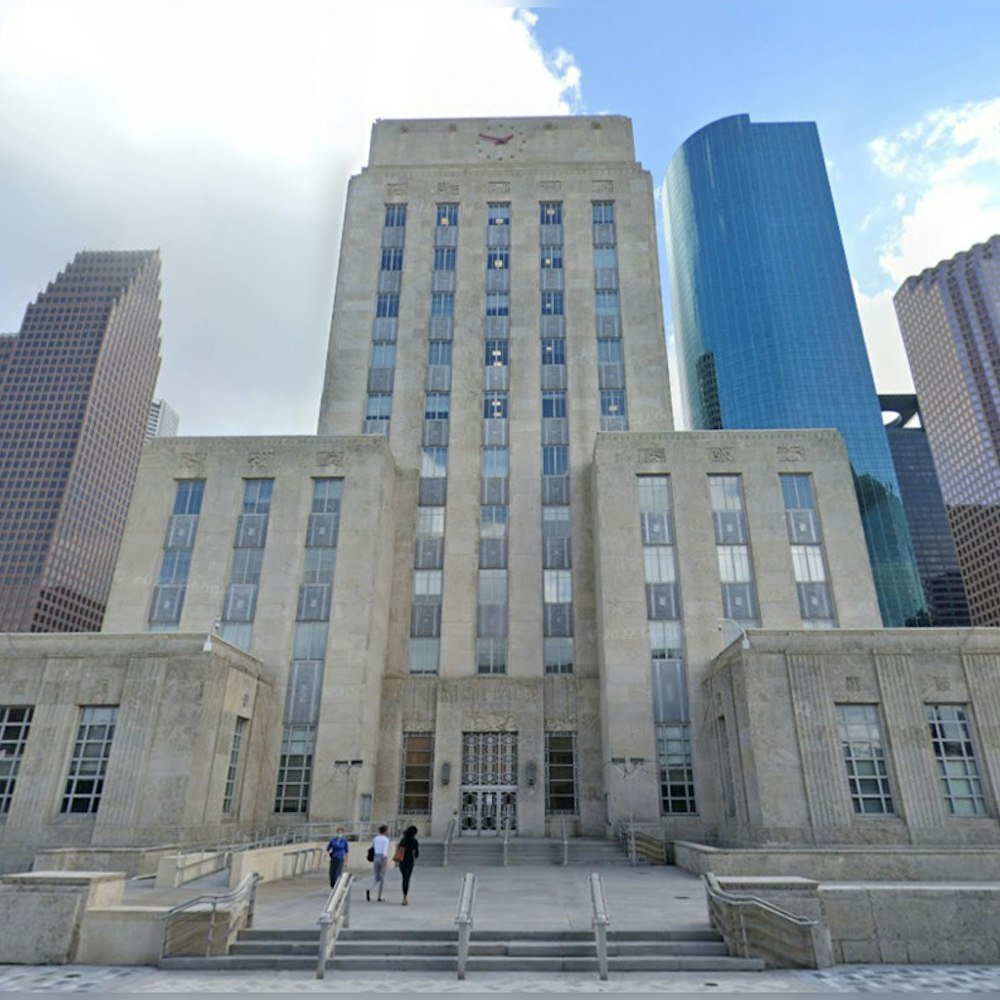

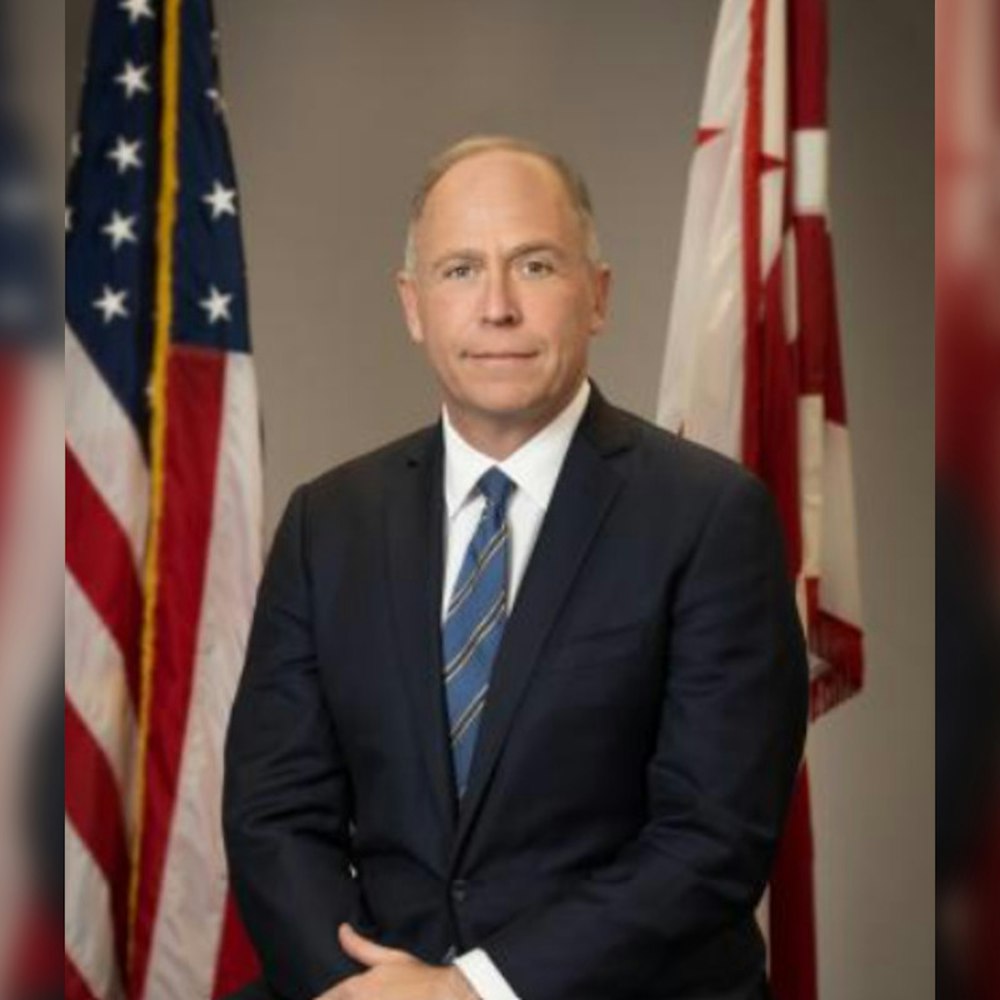
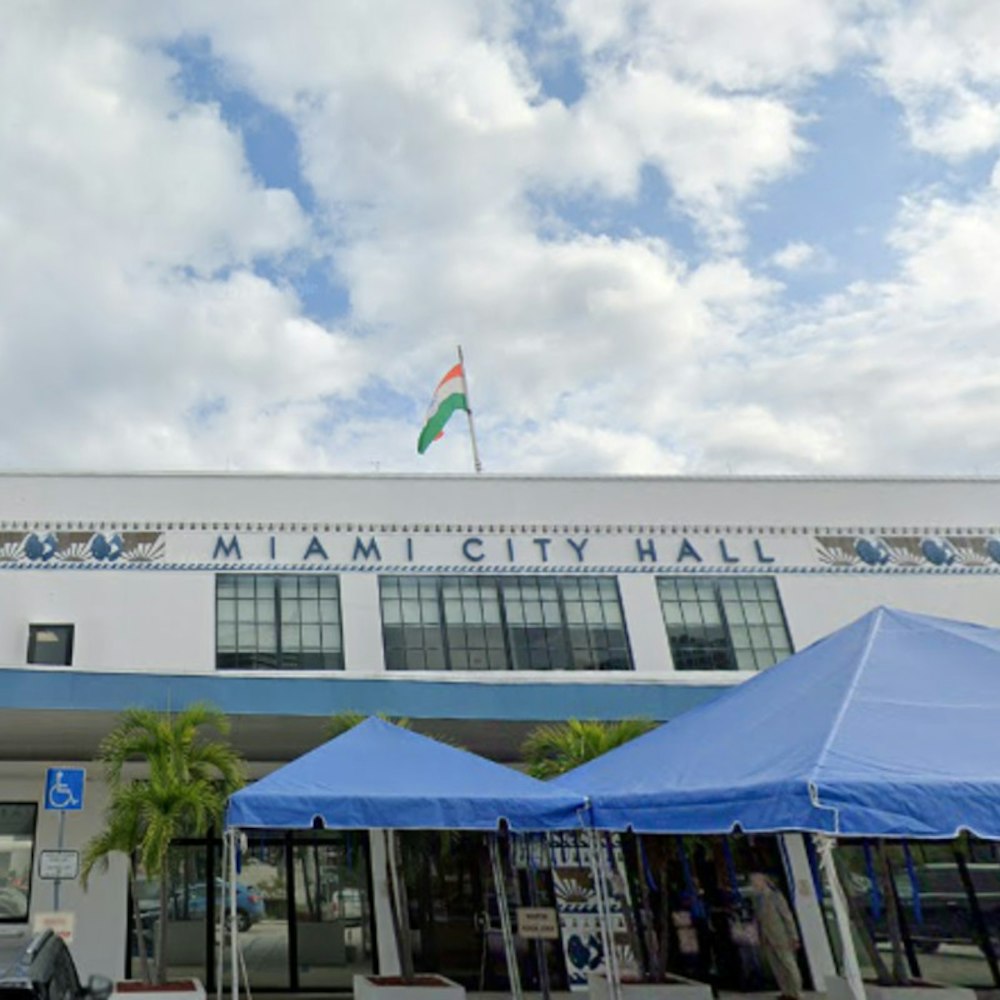

-1.webp?w=1000&h=1000&fit=crop&crop:edges)
